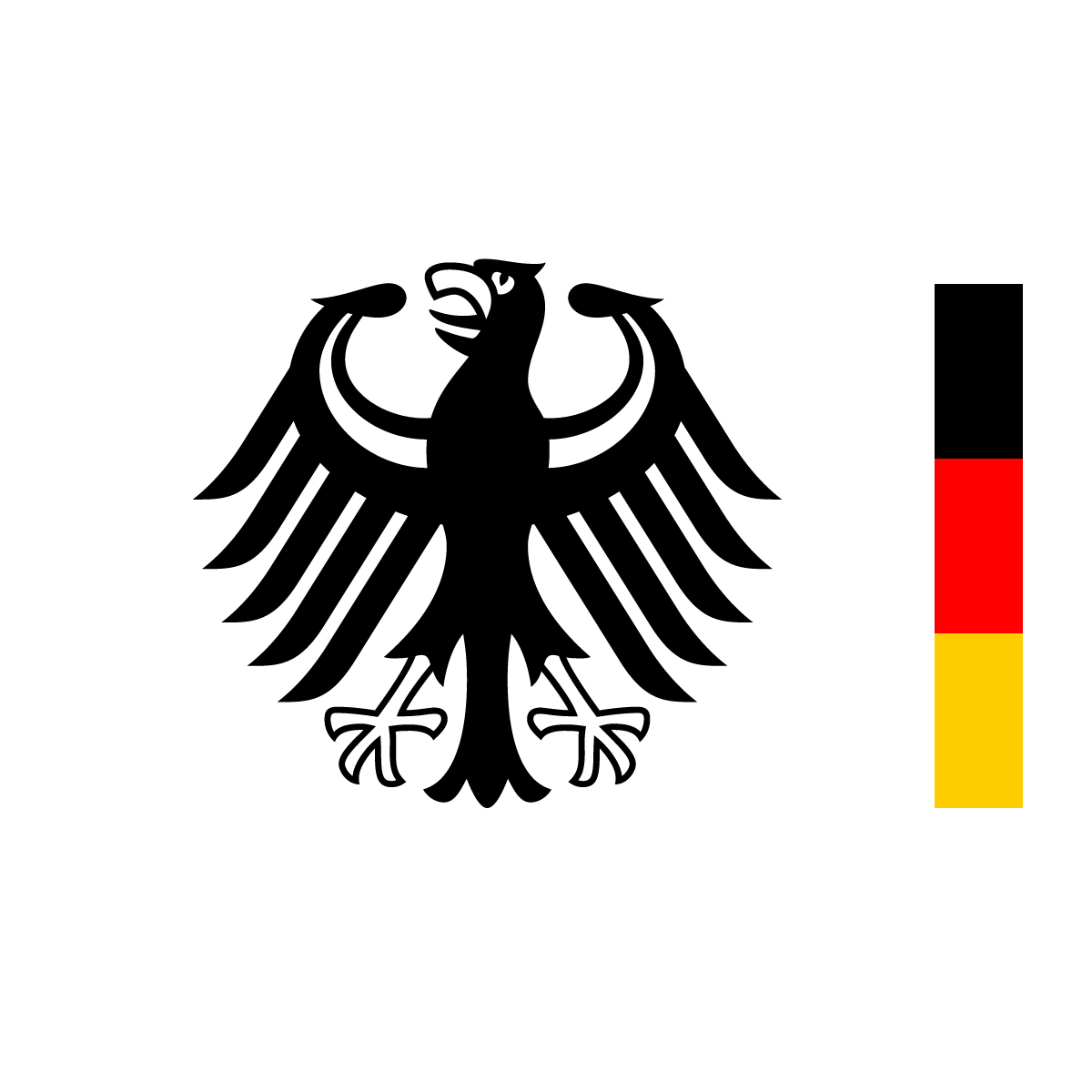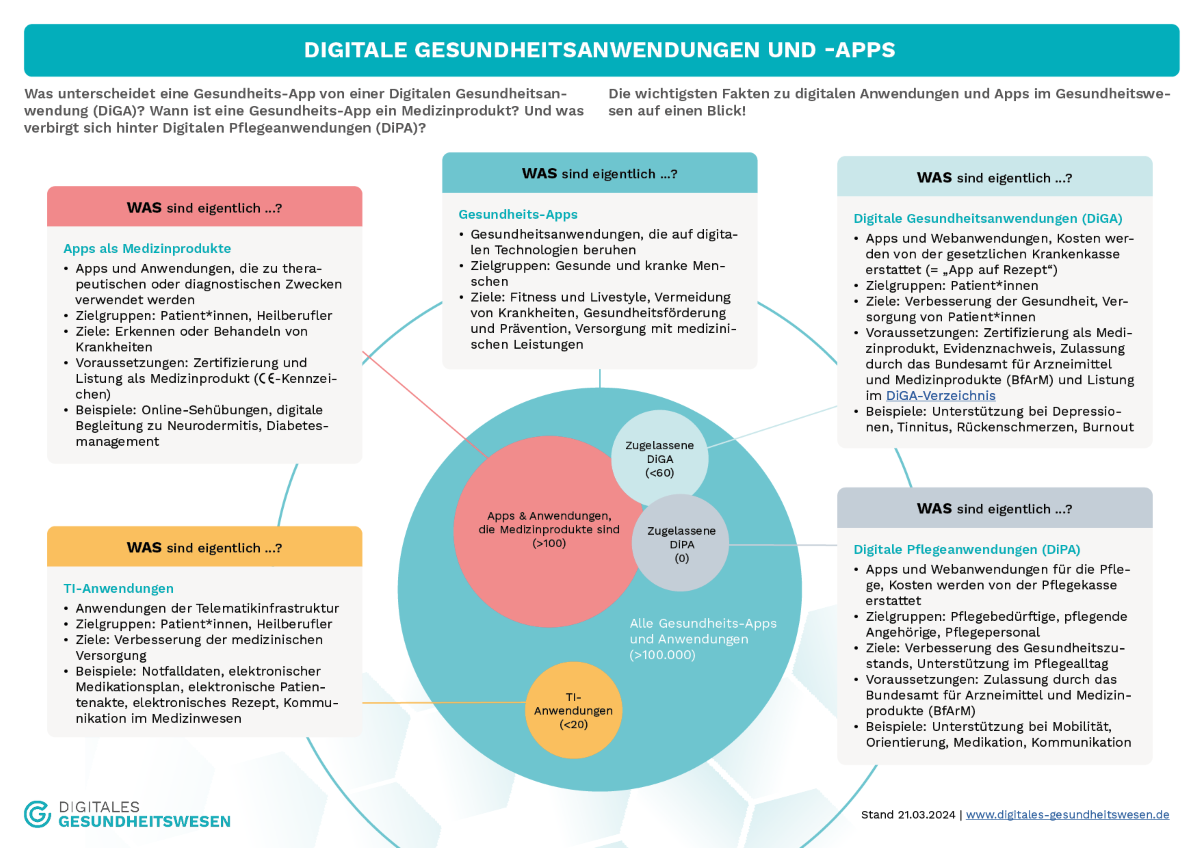CVE-2024-41012 - Linux Filelock Use-After-Free.Buffer Overflow
CVE ID : CVE-2024-41012 Published : July 23, 2024, 8:15 a.m. | 1 hour, 44 minutes ago Description : In the Linux kernel, the following vulnerability has been resolved: filelock: Remove locks reliably when fcntl/close race is detected When fcntl_setlk() races with close(), it removes the created lock with do_lock_file_wait(). However, LSMs can allow the first do_lock_file_wait() that created the lock while denying the second do_lock_file_wait() that tries to remove the lock. Separately, posix_lock_file() could also fail to remove a lock due to GFP_KERNEL allocation failure (when splitting a range in the middle). After the bug has been triggered, use-after-free reads will occur in lock_get_status() when userspace reads /proc/locks. This can likely be used to read arbitrary kernel memory, but can't corrupt kernel memory. Fix it by calling locks_remove_posix() instead, which is designed to reliably get rid of POSIX locks associated with the given file and files_struct and is also used by filp_flush(). Severity: 0.0 | NA Visit the link for more details, such as CVSS details, affected products, timeline, and more...

Published : July 23, 2024, 8:15 a.m. | 1 hour, 44 minutes ago
Description : In the Linux kernel, the following vulnerability has been resolved: filelock: Remove locks reliably when fcntl/close race is detected When fcntl_setlk() races with close(), it removes the created lock with do_lock_file_wait(). However, LSMs can allow the first do_lock_file_wait() that created the lock while denying the second do_lock_file_wait() that tries to remove the lock. Separately, posix_lock_file() could also fail to remove a lock due to GFP_KERNEL allocation failure (when splitting a range in the middle). After the bug has been triggered, use-after-free reads will occur in lock_get_status() when userspace reads /proc/locks. This can likely be used to read arbitrary kernel memory, but can't corrupt kernel memory. Fix it by calling locks_remove_posix() instead, which is designed to reliably get rid of POSIX locks associated with the given file and files_struct and is also used by filp_flush().
Severity: 0.0 | NA
Visit the link for more details, such as CVSS details, affected products, timeline, and more...












































![⚡ THN Weekly Recap: Top Cybersecurity Threats, Tools and Tips [30 Dec]](https://blogger.googleusercontent.com/img/b/R29vZ2xl/AVvXsEgfYK_dlQo9n6UQiuexPS4b1dZ039bN14TXB6AswBkkoRAzzAJg7N3ihBHLhefti8RGcxX6HNI0wVhF8dHLT29WcL2UIUv2n81OsQEbYGKSV6N4aJR-OaK9cV0rWfJWElVsPsjjWvNfb0ZfkRgYfXWIbDBj14YS5VvaBSf7ke5iqzAL2DF7C3IGZRMMwdaf/s1600/recap.png?#)
































